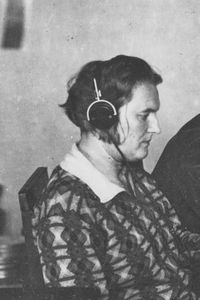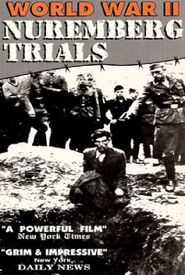Elizaveta Svilova, a truly remarkable and extraordinary individual, made her grand entrance into this world on September 5, 1900, in the bustling and vibrant city of Moscow, which at that time was a thriving metropolis situated within the vast and intricate confines of the Russian Empire, a sprawling and multifaceted entity that would eventually evolve and transform into the modern nation of Russia, a country with a rich and storied history that would go on to play a significant role in shaping the course of global events.
Elizaveta Svilova was a dynamic and accomplished individual, whose remarkable career spanned multiple roles, encompassing both the responsibilities of an assistant director and the meticulous attention to detail required of an editor.
Throughout her extensive body of work, Svilova left an indelible mark on the world of cinema, contributing to a diverse array of films that continue to captivate audiences to this day.
Some of her most notable credits include the critically acclaimed "The Fall of Berlin" (1945),a powerful and poignant portrayal of a pivotal moment in history, as well as "Klyatva molodykh" (1944) and "Parad molodosti" (1946),two films that showcased her exceptional storytelling abilities and mastery of the craft.
Notable aspects of her life's narrative were intricately woven with a profound romantic connection, as she embarked on a lifelong partnership with the illustrious cinematic mastermind Dziga Vertov, a visionary artist whose groundbreaking contributions to the world of filmmaking have left an enduring legacy, continuing to captivate and inspire generations of filmmakers across the globe.
Elizaveta Svilova's life came to a sorrowful and untimely end on November 11, 1975, in the city of Moscow, which had undergone a significant transformation by then, having become an integral part of the Russian Soviet Federative Socialist Republic, a vital constituent republic within the vast and multifaceted Soviet Union, a powerful entity that would ultimately disintegrate in the early 1990s, paving the way for the emergence of the modern nation of Russia.




















